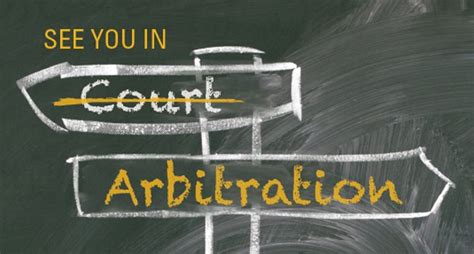Arbitration in real estate transactions is one form of dispute resolution.
Persons who are parties to an agreement may grant an arbitrator the authority to hear their dispute and resolve it for them instead of initiating a lawsuit in a court of law. On conclusion of the hearing, the arbitrator issues a binding award in favor of one of the parties.
In home sales transactions, the buyer and seller agree to binding arbitration by initialing an arbitration provision in their purchase agreement. As a private process, binding arbitration avoids court costs of litigation and thus expedites the dispute resolution process.
However, binding arbitration requires the buyer and seller to give up their rights to a jury trial and any appeal from the arbitrator’s decision. The arbitrator’s award is final and a judicial review is not available to correct any type of error, even when the arbitrator incorrectly applies law or assumes facts that do not exist.
Judicial protection by appeal from an arbitrator’s award is only available when:
- The parties to the agreement have agreed the arbitrator’s award is subject to “judicial review”; or
- The arbitrator exceeded their powers set by the arbitration provision.
Some pre-printed purchase agreements contain boilerplate arbitration provisions. However, agreeing to bring any future disputes to arbitration by initialing the provision is voluntary. All purchase agreements contain a resolution-by-mediation provision as a prerequisite activity to arbitration.
In a home sales transaction, the buyer and seller separately need to decide, with the counsel of their agent or attorney, whether to agree to the limitations of binding arbitration by initialing the arbitration provision in their purchase agreement.
